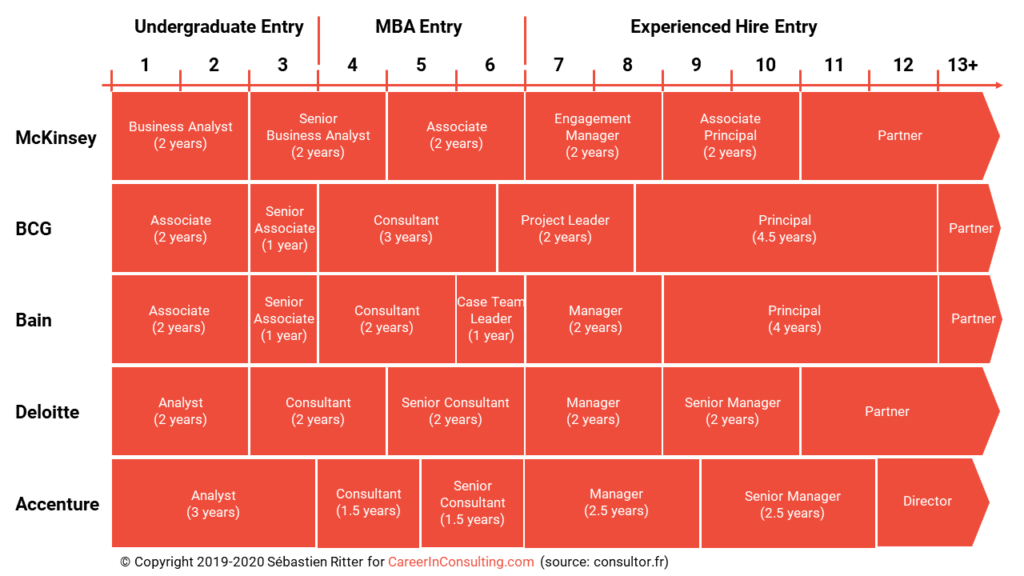
The most important question when choosing an entity to do business with is which is better, an LLC or an S Corp. Which is better for you? Both tax-efficient business structures are the most common. You should also consider double and pass-through taxes. Both these subjects will be addressed in this article. While you ultimately have to decide, you should consider the benefits and disadvantages of each entity.
llc vs s corp vs s corp vs s corp vs s corp vs s corp vs s corp vs s corp v
There are many important differences between an LLC (or S Corp), and this article only touches the surface. It doesn't matter how your business is structured, organization is crucial for your business's success. Barrett McNagny is available to provide information on the differences and advantages of each entity. Before deciding on which entity to use, it is a smart idea to assess your business's requirements, including its legal structure.

If you are starting a business, it's important to understand the differences between an LLC and an S Corp. Although an LLC offers personal liability protection, an S corp can offer tax benefits. However, operating as an S corporation means that there are additional regulations and restrictions to management. An LLC is the best option if your business employs more than two people. An S Corp has a limited liability and many tax and legal advantages.
Another major difference between an LLC and an S corporation is taxation. An LLC is taxed in the same manner as a sole proprietorship. However, it can also pay employment taxes. S corporation owners are allowed to pay their employees a reasonable salary. A LLC cannot earn a profit if it does not have employees. Therefore, an LLC is more expensive than an S corporation to run.
Double or pass-through taxes
S corporations can be compared to LLCs when it comes tax. Generally speaking, LLCs pay less tax than C-corps, but the differences aren't that big. A structure can determine whether an LLC is eligible to be taxed under the S or C corporations classifications. Likewise, an LLC with more than one owner can elect to be taxed as a pass-through entity, which means that it pays personal income taxes on its members' profits. The greatest benefit to this structure, however, is that business owners can deduct business income from their personal taxes and claim business revenue.

Another benefit to an LLC is its flexibility. While an S Corporation can benefit from the same legal protections as a C Corporation, LLC owners can elect to be taxed like a C corporation instead. An LLC allows them to save money on self-employment taxes, while also enjoying the pass through taxation benefits. You can also choose between an S-Corp or a C-Corporation depending on your needs and financial situation.
FAQ
Who hires consultants
Many organizations employ consultants to assist in projects. This includes small businesses, large corporations and government agencies.
Some consultants work directly for these organisations, while others freelance. In either case, the hiring process varies depending on the size and complexity of the project.
There will be many rounds of interviews for consultants when you are looking to hire. Only then can you select the right person to fill the position.
How does consulting differ from freelancing?
Freelancers can be self-employed people who provide their services to clients, without the involvement of employees. Hourly rates are usually charged based on the time they spend working on a client’s project. Consultants work for companies and agencies that employ them. They are often paid monthly or annually.
Because they set their own hours and prices, freelancers are often more flexible than consultants. Consultants, however, often have better benefits such as retirement plans, vacation days, and health insurance.
What happens after the consultant has finished the job?
After the consultant has completed the work, they will submit a final document detailing the results. This report includes project timelines, deliverables, and any other pertinent information.
The report will be reviewed and you can decide if the consultant met all your expectations. You can request modifications or terminate your contract if the report is not satisfactory.
Can anyone be an advisor?
A consultant is someone who assists you in achieving your goals by offering advice and suggestions on how to achieve it faster, cheaper, and so forth.
Consulting can be a great way to solve problems, make informed decisions, and work with others.
Many consultants are hired for specific projects and tasks.
Consultants are usually paid hourly, daily or per project.
How can I become a successful consultant
It is important to identify an area of passion. You must then build relationships. It is crucial to learn about your clients and understand their needs. You must also deliver results.
You don't have to be the best at everything, but you do have to be better than everyone else. It is important to be passionate about what you do. It is not enough to simply say, "I want to become a consultant." It's important to believe in your abilities and do what you love.
What skills is required to consult?
A consultant should have strong analytical skills as well as interpersonal skills. This is vital because you may not understand the scope of your work. You need to be able to manage people quickly and solve problems efficiently.
Communication skills are essential. Clients expect a response within 24 hours. If they don’t hear from you within 24 hours, they assume you don’t care. It's crucial to keep them informed and make sure they understand everything.
Do I need to seek legal advice?
Yes! Yes. Consultants can often create contracts with clients, without seeking legal advice. This can lead into problems down-the-road. What happens if the client cancels the agreement prior to the consultant's completion? What happens if your consultant doesn't follow the contract deadlines?
Avoid any legal issues by speaking with a lawyer.
Statistics
- Over 62% of consultants were dissatisfied with their former jobs before starting their consulting business. (consultingsuccess.com)
- On average, your program increases the sales team's performance by 33%. (consultingsuccess.com)
- My 10 years of experience and 6-step program have helped over 20 clients boost their sales by an average of 33% in 6 months. (consultingsuccess.com)
- 67% of consultants start their consulting businesses after quitting their jobs, while 33% start while they're still at their jobs. (consultingsuccess.com)
- Over 50% of consultants get their first consulting client through a referral from their network. (consultingsuccess.com)
External Links
How To
How to start a consulting company and what should I do first?
A consulting business is a great way of making money online. No prior business experience is required. To start your own consulting business, you can build a site. After you have built a website, social media platforms such Instagram, Pinterest and LinkedIn will be useful to spread the word about your services.
You can use these tools to put together a plan for marketing that includes:
-
Writing content (blogs).
-
Building relationships (contacts).
-
Generating leads through lead generation forms
-
Selling products on e-Commerce websites
Once you have created your marketing strategy you will need to find clients that will pay for it. Some people prefer to go through networking groups and events, while others prefer to use online methods such as Craigslist, Kijiji, etc. The decision is up to each individual.
Once you have found clients, you should discuss terms and payment options. This could include hourly or flat fees as well as retainer agreements and flat fee contracts. You need to be clear about what you expect of a client before they accept you as a client.
An hourly agreement is the most common contract for a consulting service. This contract allows you to pay a fixed amount each week or month for certain services. You may be eligible to negotiate a discount, depending on the service that you offer. Before you sign a contract, ensure you understand everything.
Next, create invoices and then send them to clients. Invoicing is one thing that looks simple until it's actually done. There are many different ways to invoice your clients, depending on your preferences. You can choose to have your invoices sent directly to your clients or to print them and send them. Whatever method you choose, make sure it works for you!
Once you have completed creating invoices you will want to collect payment. PayPal is preferred by most people because it is simple to use and offers many payment options. There are many other payment options, such as Square Cash, Square Cash and Google Wallet.
Once you're ready to begin collecting payments, you'll want to set up bank accounts. Separate savings and checking accounts will allow you to track your income and expenses independently. Setting up automatic transfers into your bank account is also helpful when paying bills.
It may seem overwhelming to start a consultancy, but once it is done correctly, it becomes second-nature. Check out this blog post for more information about starting a consultancy company.
The best way to make extra cash is to start a consulting business. Many consultants work remotely. They don't have any need to deal with office politics, long hours or office politics. Since you are not tied down by regular working hours, you have more flexibility than a traditional employee.